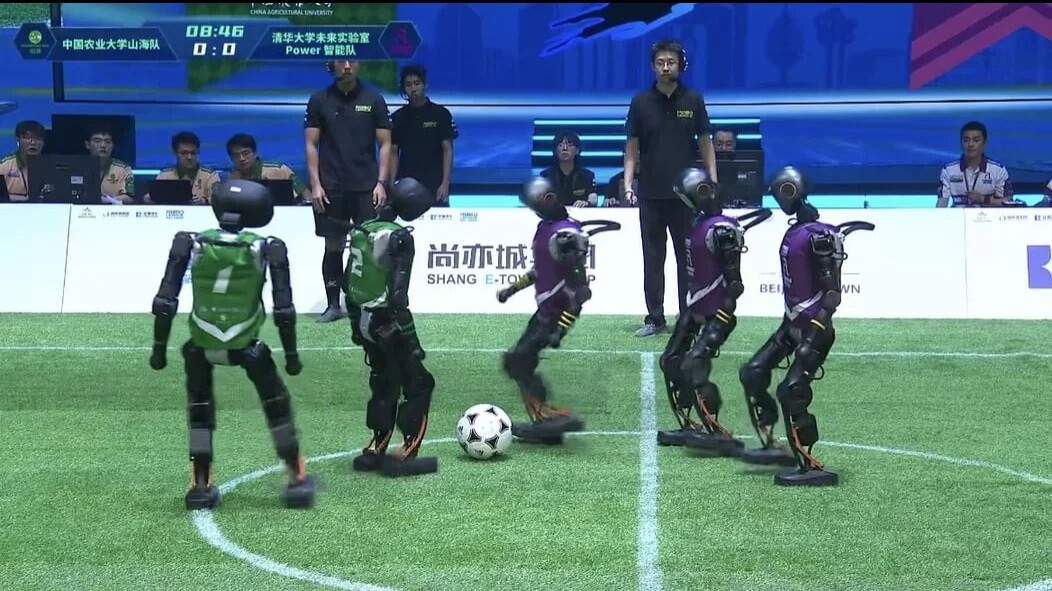
BEIJING – The world is watching as Beijing hosts its first-ever "Robot Olympics," a four-day event from August 14-17 that is pushing the boundaries of humanoid robotics. With 280 teams from 16 countries and over 500 robots competing in events like track and field, soccer, gymnastics, and combat, this competition is less about traditional mechanics and more about a new frontier: embodied intelligence.
Unlike previous competitions, the Beijing Robot Olympics features AI-powered humanoid robots that operate autonomously, making real-time decisions through deep learning and advanced algorithms. The core technology, embodied intelligence, is a key focus area for Chinese investment. It aims to seamlessly integrate AI into physical machines, blurring the line between robots and humans. This technology is being developed with long-term applications in mind, from labor to military use.
An official from the competition's organizing committee described the event as a "laboratory for embodied intelligence technology." However, the robots' current capabilities reflect their early stage of development. During a rehearsal in late June, robots from Chinese startup Booster Robotics, the official competition provider, were seen moving slowly, and in a marathon event in April, some robots stumbled and tangled with one another.
"The robots' soccer skills are currently at the level of a 5- or 6-year-old child," said Cheng Hao, CEO of Booster Robotics. "But progress is incredibly fast."
Wang Xingxing, founder of leading robotics company Unitree, echoed this sentiment in an interview with People's Daily. "I didn't believe our robots would be able to compete in a combat match even six months ago—I thought it would take at least one to two years," he said. "But it happened in just a few months." Wang added that while he expects significant development within the next three to five years, widespread adoption in homes will take longer due to ethical and safety concerns.
China’s push into robotics is evident in its production figures. According to the National Bureau of Statistics, industrial robot production surged by 35.5% in May compared to the previous year, with service robot production increasing by 13.8%. The number of new humanoid robot manufacturers has also skyrocketed, from 27 in 2021 to 132 in the first seven months of this year alone. A recent Morgan Stanley report projects China's robotics market to grow from $47 billion in 2024 to $108 billion by 2028, a compound annual growth rate of 23%.
Experts attribute this rapid growth to China's robust supply chain, which significantly lowers production costs, and the country's policy of encouraging data sharing among domestic AI companies.
The Robot Olympics is a strategic move by China to bolster its robotics industry. It's a high-profile event designed to captivate public interest, attract top talent into the fields of robotics and AI, and foster a sense of national pride. Wang Xingxing noted that the public's positive reception to Unitree's robots dancing in traditional Chinese attire on CCTV during the Lunar New Year highlighted a blending of "tradition" and "cutting-edge technology."
Beyond its domestic impact, the event aims to solidify China’s image as a global leader in robotics and influence the establishment of international standards. "The U.S. is one of the participating countries," said Zhao Dongwei of the International Beijing Robot Games Organizing Committee. "Accelerating international cooperation is a goal of this competition."
[Copyright (c) Global Economic Times. All Rights Reserved.]






























